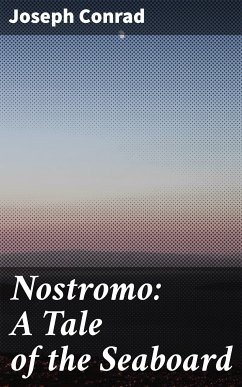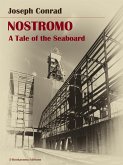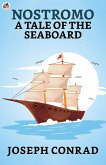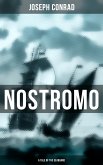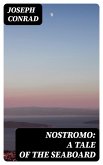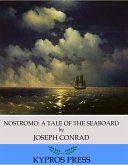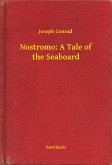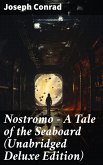In Joseph Conrad's "Nostromo: A Tale of the Seaboard," readers are plunged into the tumultuous world of Costaguana, a fictional South American republic teetering on the brink of chaos. Through a rich tapestry of prose layered with psychological depth and moral complexity, Conrad explores the themes of imperialism, capitalism, and human greed. The novel's intricate narrative structure and a diverse cast of characters reflect the socio-political upheaval of the late 19th and early 20th centuries, making it a vital commentary on colonial exploitation and its consequences. Joseph Conrad, born in Poland and later a sailor in the British merchant navy, drew upon his own experiences with foreign cultures and the maritime world to craft this tale. His keen observations of human nature and society's inherent contradictions'Äîhoned through personal encounters with imperial endeavors'Äîfuel the narrative of "Nostromo." Conrad's deep-seated skepticism of civilization's moral compass, coupled with his insight into the human condition, resonates throughout this work, presenting a poignant critique of the era's prevailing ideals. Recommended for readers who appreciate literary narratives steeped in philosophical inquiry and ethical dilemmas, "Nostromo" stands as a cornerstone of modern literature. Its exploration of the interplay between wealth, power, and identity invites reflection on pertinent issues faced in contemporary society, making this novel not only captivating but profoundly relevant.
Dieser Download kann aus rechtlichen Gründen nur mit Rechnungsadresse in A, B, BG, CY, CZ, D, DK, EW, E, FIN, F, GR, H, IRL, I, LT, L, LR, M, NL, PL, P, R, S, SLO, SK ausgeliefert werden.

